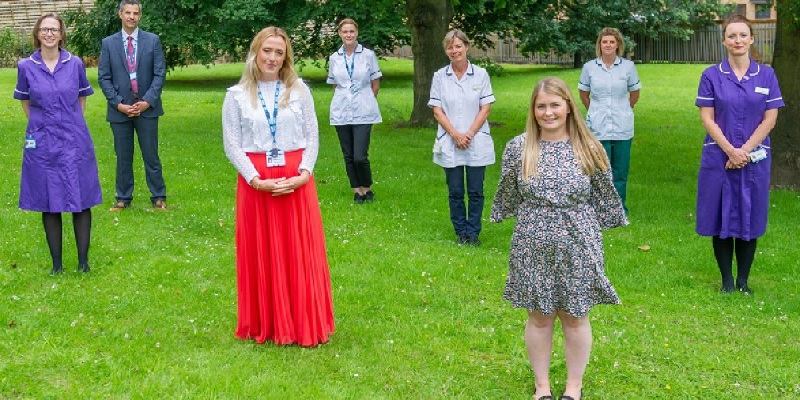
We’re supporting Leeds Hospitals Charity in their bid to raise £5 million to build The Rob Burrow Centre for Motor Neurone Disease.
By donating to the charity appeal, you can support the creation of a bespoke centre that delivers excellent patient-centred care in a supportive purpose-built environment suitable for the needs of the 21st century.
Donate to the The Rob Burrow Centre for Motor Neurone Disease Appeal online through Leeds Hospitals Charity’s website.
Donate NowUseful links
Additional support and information:
Useful videos:
- Introduction & demonstration of PEG tube (YouTube)
- Hand washing (YouTube)
- Stoma care (YouTube)
- Care of Syringes (YouTube)
- Flushing the Peg (YouTube)
- How to give medications (YouTube)
- Feed and equipment (YouTube)
- How to bolus feed (YouTube)
- How to pump feed (YouTube)
- Community support (YouTube)
- Holidays (YouTube)
- Troubleshooting (YouTube)
A full-length video including all of the above can also be found on YouTube.
Contact us
The MND Care Centre clinic is located at Seacroft Hospital Leeds.
N Ward
Seacroft Hospital
York Road
Leeds
LS14 6UH
For additional instructions with regards to visiting the Hospital, please visit our Seacroft Hospital Webpage.
For all MND Care Centre queries, please contact Claire Lang on 0113 392 6755.
Dr Agam Jung
Consultant Neurologist & Care Centre Director
Contact via Claire Lang
Sam Oakes
Family & Bereavement Support Worker
Contact via Claire Lang
Claire Lang
MND specialist nurse & Care Centre Coordinator
Chris Orr
Wheelchair Therapist